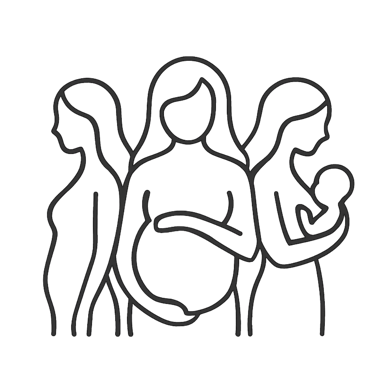How to Choose Your Health Insurance in the Netherlands for Pregnancy, Birth &Postpartum
A practical guide for expat families expecting their (first) baby
Valentina
11/23/20257 min read


It is that time of the year again, the temperature drops, the lights go on, twinkling and bright and then boom! Health insurance anxiety kicks in.
These are the weeks when everyone suddenly becomes a health insurance detective: checking, comparing, and tweaking their coverage, because now is the only moment to make changes for next year. This can feel particularly intense if you’re an expat living in the Netherlands and planning to have a baby.
One of the biggest questions that will come up is: “Which Dutch health insurance should I choose for pregnancy and birth?”
If you come from a country like mine, where health insurance is universal and most care is automatically covered, the Dutch system can feel a bit overwhelming ... especially when you’re navigating it in a second (or third!) language, or a language you don’t fully master. And don’t worry, you’re not alone! Even some Dutch people still find it confusing!
Then let's add some pregnancy hormones to the mix, and suddenly kraamzorg, poliklinisch bevallen, and aanvullende verzekering sound like a whole new world.
This is my attempt to simplify the topic and to help you understand what really matters when choosing the right insurance package but without diving into complicated comparisons between insurers. Instead, I’ll help you figure out what you need, what will be reimbursed, and how to avoid unnecessary costs.
Choosing the Right Dutch Health Insurance Matters
In the Netherlands, basic health insurance (basisverzekering) already covers a large part of pregnancy and birth care: Prenatal check-up, Midwife care, Hospital births for medical reasons, Postnatal home care (kraamzorg).
But many of the things that make pregnancy and postpartum feel more supported (like childbirth courses, breastfeeding support, pelvic floor physio, holistic postpartum care) are covered only if you choose the right supplementary insurance (aanvullende verzekering).
That’s why your insurance choice may make a difference in your pregnancy experience.
How to Choose the Best Fitting Dutch Health Insurance for Pregnancy, Birth and Postpartum (2026)
Below are the essential questions you can use to build your insurance package. They help you understand what you truly need instead of overpaying for a premium you’ll never use.
Step 1: Define Your Birth Preferences
□ Where do I want to give birth?
□ Do I need coverage for a non-medical hospital birth?
□ Which preparation course do I want?
Step 2: Picture Your Postpartum Week
□ How many kraamzorg hours will I realistically use?
□ Do I want help with breastfeeding?
□ Do I want my contribution (co-pay) covered?
Step 3: Think Beyond Birth
□ Will I want to have pelvic physio covered ?
□ Do I expect to need emotional or mental health support?
□ Am I planning to see an osteopath, acupuncturist, or postpartum coach?
Step 4: Add Practical Extras
□ TENS machine
□ Birth pool rental
□ Pregnancy yoga
□ Baby or child EHBO course
Step 5: Compare Costs
□ What does the higher premium cost per year?
□ What would the same services cost out of pocket?
□ Which option is cheaper for my situation?
Step 6: Check the Details
□ Are my preferred courses covered?
□ Are my therapists/consultants recognised by the insurer?
□ Are English-language services included?
□ Are there limitations?
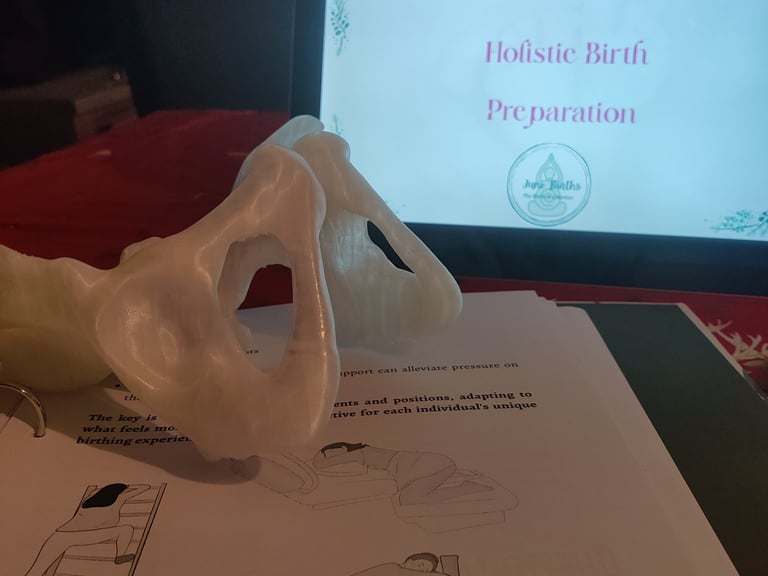

Let’s break it down further:
Fertility & Preconception Care
If you’re thinking about starting a family and might need some extra help, it’s reassuring to know that in the Netherlands, basic health insurance covers medically indicated fertility treatments like IVF and IUI up to the age of 42.
This usually includes the necessary tests, medications, and up to three IVF cycles.
You won’t need extra insurance for standard treatments, but if you’re interested in preconception coaching, lifestyle programs, or complementary therapies like acupuncture, they may be covered in a supplementary package.
Pregnancy- Childbirth Preparation & Courses: What Will You Use?
Many expats choose English-language childbirth classes, HypnoBirthing®, private sessions, or doula-led birth preparation courses.
These are often partly reimbursed, but only if your insurer covers your specific course.
Ask yourself:
Will I follow a childbirth course?
Does my preferred method (e.g. HypnoBirthing, private classes) get reimbursed?
Do I want a course that includes my partner?
Where Do You Want to Give Birth?
In the Netherlands, you can give birth:
At home (fully covered)
In a birth center (fully covered)
In a hospital with medical indication (fully covered)
In a hospital without medical indication (poliklinisch): this last option includes a personal contribution of up to € 560,89.
If you prefer hospital birth but don’t have a medical indication, check if your supplementary insurance reimburses this amount.
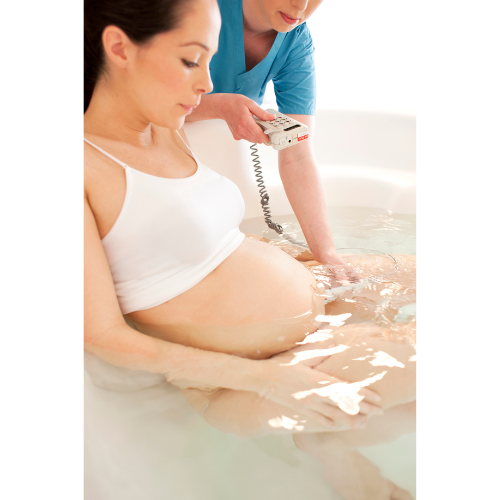

Kraampakket
A typical kraampakket (maternity package) includes items like:
Mattress protectors
Sterile gauze
Several Packages of Postpartum pads
Hand sanitizer
Underpads (onderleggers)
Umbilical cord clamp.
These items are not covered by basic health insurance but are generally covered or provided by a supplementary package. The cost is generally between €20–€50. Most of them are easy to find at any drugstore or online, so you can prepare your kit yourself without stress.
Kraamzorg
Kraamzorg is the Dutch postpartum home care system, unique and wonderful. Everyone receives at least 24 hours over the first week postpartum. The exact amount of hours is determined by a national protocol.
Kraamzorg is covered by the basisverzekering.
You may pay a statutory contribution (co-pay) of around €5.70 per hour.
You may choose agency kraamzorg or independent kraamzorg.
Supplementary insurance may reimburse the personal contribution (co-pay)
Personal note: I know the idea of paying the small co-pay for kraamzorg can feel like a lot, and it might be tempting to cut hours to save money. But those few hours of support are worth far more than the fee. Kraamzorg helps you recover physically, learn to breastfeed with confidence, and navigate the first days with your baby in a calmer, less stressful way. Having this support at home is priceless!
Postpartum Recovery & Alternative Support
This is the area most expat parents underestimate.
Common postpartum needs include:
Pelvic floor physiotherapy
Osteopathy
Acupuncture
Mental health coaching
Birth trauma, postpartum coaching
Postpartum care or doula support
Most of these are not covered in the basic package.
So ask yourself:
Do I see myself seeking additional postpartum support? Do I want that option?
Do I want alternative care (osteopathy, acupuncture, coaching)?
Will I want therapy or emotional support after birth?
If yes, supplementary insurance may reimburse these services.
Also ask yourself:
what is available in the basic insurance that may serve this purpose? Will I be ok with that?
Breastfeeding Support & Pump Rental
If you plan to breastfeed, having access to a good lactation consultant (IBCLC) can make all the difference.
Check your insurer for reimbursements for:
Lactation consultant appointments
Breast pump rental (especially electric pumps)
Purchase of a breast pump
Not all insurers cover these, and some only reimburse specific providers.
Extra Tools & Courses You Might Use
These small extras can add up, and many are partially reimbursed by supplementary plans:
Check your insurer for reimbursements for:
TENS machine for labor
Birth pool rental
Pregnancy yoga or fitness
Baby/child first aid (EHBO) course
Preconception consultations
Think realistically about what you will use.
Contraception After Birth
If you’re 21 or older, contraception is often not included in the basic package. If you want coverage for contraception after birth, choose a supplementary plan that includes it.
Termination of Pregnancy
If you ever need to consider termination of pregnancy, it’s good to know that abortion care is fully covered by basic health insurance. This includes both medical and surgical procedures, as well as consultations and follow-up care. You won’t need supplementary insurance for this, but it’s always wise to check that your provider is recognized and covered under your policy.
The Financial Decision:
Extra Premium vs. Out-of-Pocket Costs
A more expensive insurance plan isn’t automatically better. The real question is:
Will I use the reimbursements enough to make the higher monthly premium worth it?
Here are common out-of-pocket costs:
Kraampakket: €20-50
Osteopath/Physio: €80-100 per appointment
Birth course: €250-400
Poliklinisch hospital birth: Max €560
Kraamzorg personal contribution: €5.70/hour (€136,80 for 24 hours care)
Pump: €70-500+
Lactation consultant: €80-150 per consult
Sometimes it’s cheaper to pay these costs yourself instead of choosing a larger supplementary package. Get counting!
The Small Print: Don’t Skip The Details
Double-check:
Are the childbirth courses you want included?
Is your preferred therapist registered with the insurer?
Does breastfeeding support apply to the provider you want?
Does the insurer reimburse English-language courses?
Does the plan cover partners too?
Read the conditions carefully. Websites like https://zorgverzekeringzwangerschap.nl/ or https://www.zorgverzekeringwijzer.nl/ can help you compare services and packages.
Also, check out https://www.oerkrachtverloskundige.nl/zorgverzekering2026 for an overview of the various insurance plans (dutch only).
Final Thoughts: You Deserve an Insurance Plan That Fits You
As a foreign mother myself, I know what it feels like to be pregnant in a country that is not your own, without a family network and sometimes without a clear understanding of the system.
Planning a pregnancy or birth in a new country can feel overwhelming, but with a little preparation, you can make informed choices that support both your family and your budget. Here are the main takeaways:
Basic insurance covers the essentials: medically indicated births, midwife care, kraamzorg, fertility treatments up to age 42, and abortion care.
Supplementary insurance is optional: it can help cover extra therapies, kraamzorg support, childbirth courses, and some alternative care, but coverage is limited and varies by insurer.
Doula care is usually private: most supplementary policies do not cover it, though in some cases, parts of the support may be reimbursed under “birth preparation” courses or “alternative care.” Coverage depends on the insurer and the doula’s professional registration, so always check your policy in advance.
Kraampakket and other small essentials: not covered by the basic insurance but easy to purchase for €20–50.
Check the small print: always verify exactly what your chosen package reimburses, including courses, therapies, and providers.
Think about what matters to you: consider your birth plan, postpartum recovery, breastfeeding support, and any alternative care you want: weigh the cost of supplementary insurance versus paying out-of-pocket.
Hopefully this guide helps!
Feel free to share it with any mama (or parent-to-be) who’s feeling overwhelmed.
A little clarity can go a long way.


Community
Find Support by following me on social media. Join our online community
Contact:
E-mail: valentina@junobirths.nl
Phone: +31 6 23480540
© 2026. All rights reserved.
KVK 84451866
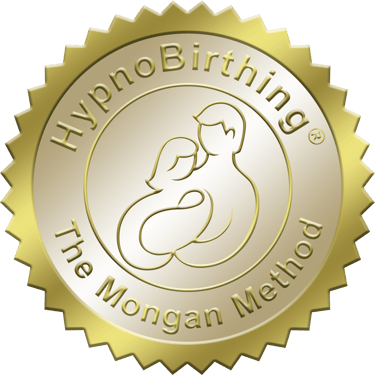

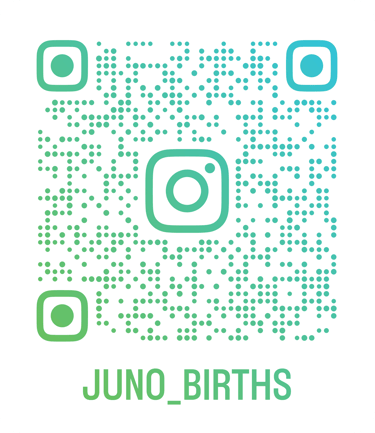

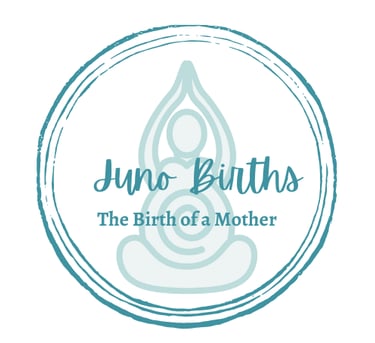

Valentina Zago-Binnendijk


